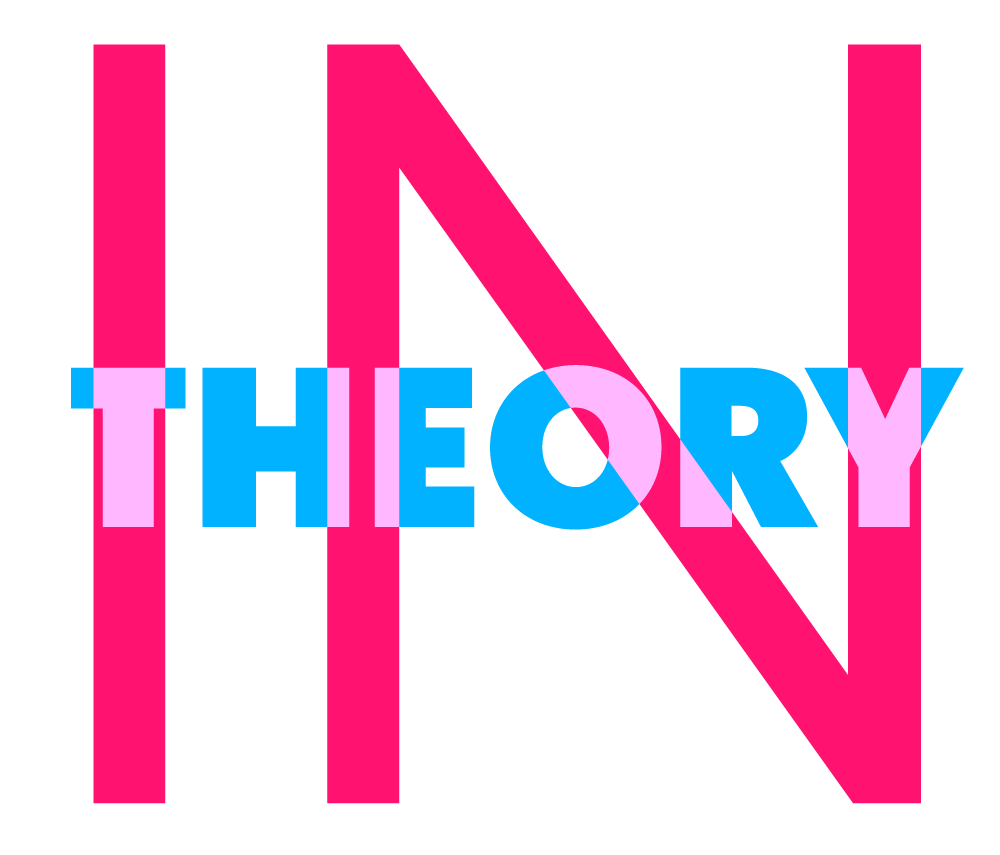If you are what you eat...what does that make us as Americans today? In this MEGA-EP we're talking about food: how it gets produced, its impact on people, animals, and the environment, and how to make better decisions in the grocery store. We are super excited to feature an in-depth interview with food activist and all-around legend Kate Galassi. Then Maria and Noorain break open the world of assembly-line chickens, ask some questions about food deserts, and do their best to avoid slave shrimp. Hold on to your jicamas everyone, it's time to chow down on another episode of In Theory!
Links to Stuff We Talk About
Theory
On Fordism: Steven Tolliday & Jonathan Zeitlin, The Automobile Industry and its Workers: Between Fordism and Flexibility (New York: St.Martin's Press, 1987) http://www.amazon.com/Irresistible-Empire-Americas-Advance-Twentieth-Century/dp/0674022343
Context
Lisa Ling takes us inside a slaughterhouse: http://www.oprah.com/oprahshow/Inside-a-Slaughterhouse-Video
The US Department of Agriculture’s official definition of food deserts: http://americannutritionassociation.org/newsletter/usda-defines-food-deserts
Articles
Roberto A. Ferdman, “The key difference between what poor people and everyone else eat.” The Washington Post. September 17, 2015.
https://www.washingtonpost.com/news/wonk/wp/2015/09/17/the-depressing-difference-in-what-poor-people-and-everyone-else-eats/?tid=a_inl
Becky Krystal, “How to find shrimp that’s not produced by slave labor in Thailand.” The Washington Post. December 16, 2015. https://www.washingtonpost.com/news/food/wp/2015/12/16/how-to-find-shrimp-thats-not-produced-by-slave-labor-in-thailand
Margie Mason, Robin McDowell, Martha Mendoza, and Esther Htusan,“ Global supermarkets selling shrimp peeled by slaves.” The Associated Press. December 14, 2015. http://bigstory.ap.org/article/8f64fb25931242a985bc30e3f5a9a0b2/ap-global-supermarkets-selling-shrimp-peeled-slaves
Margot Sanger-Katz, “Giving the Poor Easy Access to Healthy Food Doesn’t Mean They’ll Buy It.” The New York Times. May 8, 2015. http://www.nytimes.com/2015/05/09/upshot/giving-the-poor-easy-access-to-healthy-food-doesnt-mean-theyll-buy-it.html
Bonus
BIO! The wonderful Kate Galassi started her career in food working on an organic produce farm in southern New Hampshire. She’s worked for a dozen small farms and food manufacturers, most of them involved with the New York City Greenmarket. She first trained as a produce buyer at The Spotted Pig and The Breslin. In 2013 she co-founded Quinciple, a home delivery service for curated farmers’ market boxes. She is now the New York Project Head for Natoora, a London based fruit and veg supplier committed to upending the traditional distribution model by working directly with farms of all sizes.
Check out artist Mishka Henner’s amazing/insane/gorgeous/horrifying aerial photos of the toxic runoff from American feedlots:
http://www.businessinsider.com/mishka-henners-photos-of-american-feedlots-2014-8
Music this week from Judy Collins, the Presidents of the United States of America, Weird Al, and our girl Mariah. Special thanks to Beth Pearson for being a brain trust on this week's ep!



